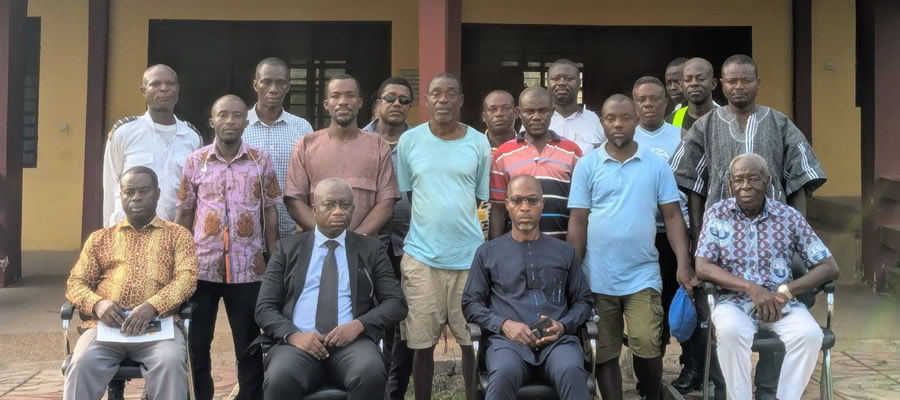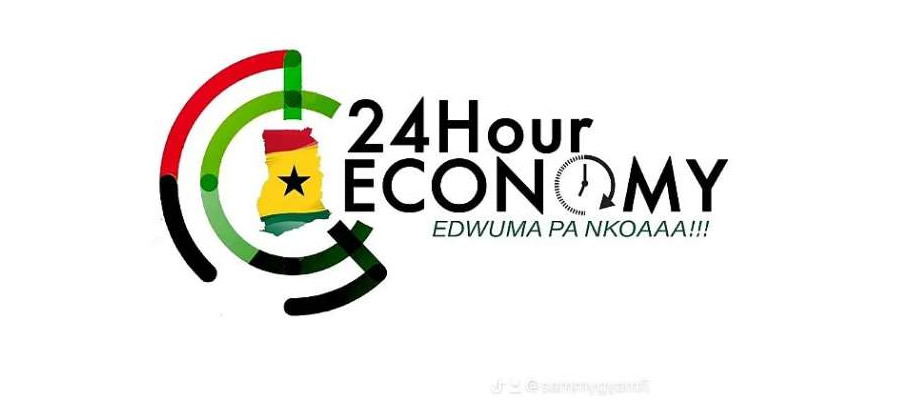

DEVELOPMENT
Development Programmes
The development problems or issues identified in the analysis of the current situation of the Kwahu South Municipal Assembly have been grouped under the three thematic areas of the GPRS
II. They include:
Private Sector Competitiveness
- Land tenure system
- Subsistence method of farming
- Lack of investible capital for commercial agriculture
- Lack of storage facilities
- Misapplication of agro chemicals
- Lack of irrigation facilities
- Inadequate technical (extension) support services
- Weak, old and illiterate labour force
- Poor nature of feeder roads
- High cost of transportation for food crops
- Lack of processing for value addition
- Environmental degradation through bush fires and other human activities
- Rocky, ragged and hilly landscape hampers the adoption of automated technology.
Industry
- Industries are on small scale
- Poor access to credit facilities for expansion
- Lack of managerial capacity and poor planning
- Poor linkage between agric and industry
Tourism
- Under developed tourist features
- Inadequate tourist infrastructural development
Electricity
- Lack of extension of electricity to rural communities and newly developed areas in urban settlements
- Low capacity of some transformers
- Frequent power cuts
- Stealing/burglary of electric cables
- Destruction of wooden electric poles by bush fires.
Communication
- Poor road network
- Poor surface conditions of feeder roads
- High cost of transportation
- Inadequate fixed telephone lines.
Human Resource Development And Basic Service
Education
- Inadequate office and residential accommodation
- Mobility problems for circuit supervisors
- Poor academic standards
- Poor supervision/monitoring of schools
- Inadequate teaching and learning materials
- Poor educational infrastructure
- Poor sports development
- Inadequate staffing, especially for rural schools.
- High female dropout rate in higher levels of education
- Inadequate office equipment eg. Computer and accessories
Health
- Inadequate office and residential accommodation
- Shortage of medical officers and other health professionals.
- Inadequate hospital equipment eg. Beds, delivery sets and vaccine carriers
- Mobility problems
- Spread of HIV/AIDS
- Lack of district medical stores
Water and Sanitation
- Inadequate supply of pipe borne water in urban settlements
- Obsolete and low capacity of water treatment and pumping equipment
- Inadequate supply of potable water in rural settlements
- Ineffective operation and maintenance of bore holes
- Hilly topography impeding the construction of potable water facilities. Insanitary conditions in both rural and urban settlements
- Lack of well defined/constructed drains
- Lack of final waste disposal sites
- Poor sanitary habits of inhabitants
- Inadequate tools and equipment for waste management
- Inadequate sanitary labourers
- Inadequate financial support for waste management
- Lack of proper Land use planning and development in major settlements
- Uncontrolled developments resulting in haphazard development as town planning schemes are not complied with.
Governance
- Weak Sub-District Structures
- Lack of permanent offices for sub-district structures.
- Inadequate qualified personnel to man the sub district offices
- Low revenue generation
- Non payment of personnel for the sub-districts
- Lack of furniture and office equipment for smooth operation of sub-district offices
Security
- Lack of district headquarters of Police
- Inadequate residential accommodation for District Police officers
- Lack of potable water supply
- Lack of place of convenience
- Inadequate police personnel
- Inadequate means of transport
- Lack of essential equipment for effective police work
- Lack of private sector involvement in the provision of security services.
Date Created : 11/26/2017 12:13:43 PM










 facebook
facebook
 X
X
 Youtube
Youtube
 instagram
instagram
 +233 593 831 280
+233 593 831 280 0800 430 430
0800 430 430 GPS: GE-231-4383
GPS: GE-231-4383 info@ghanadistricts.com
info@ghanadistricts.com Box GP1044, Accra, Ghana
Box GP1044, Accra, Ghana